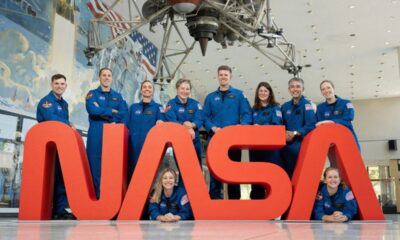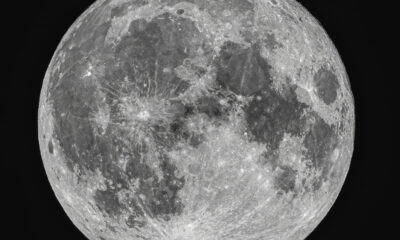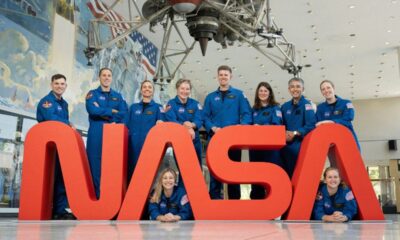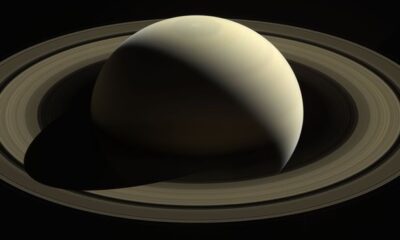Science
NASA Invites Public to Join Artemis II Moon Mission in 2026
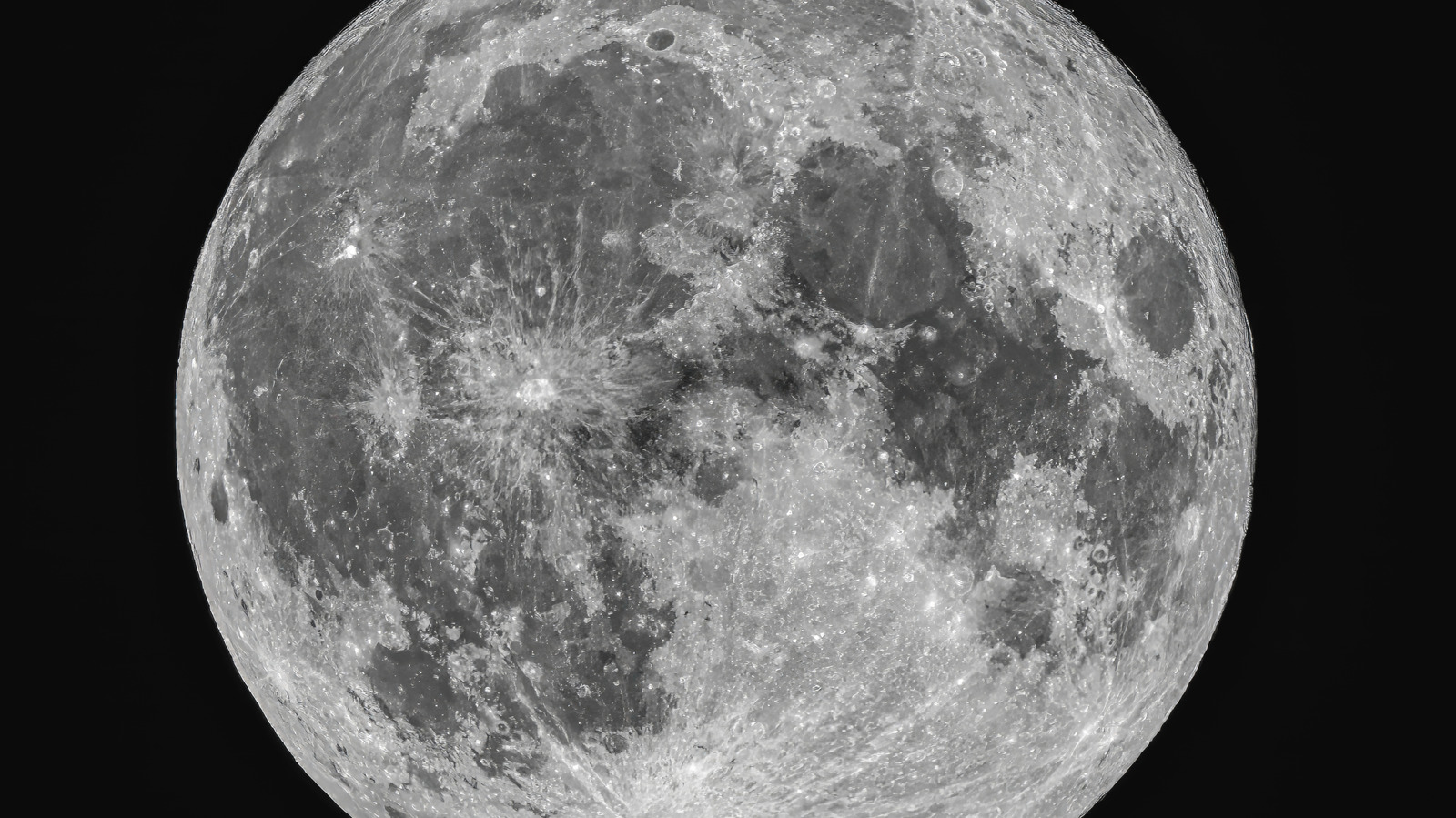
NASA has launched an initiative allowing individuals to send their names on a mission around the Moon, scheduled for April 2026. This program, part of the Artemis II mission, invites the public to participate in humanity’s exploration of space by submitting their names to be included on a special SD card aboard the spacecraft.
The Artemis II flight will feature a crew of four astronauts: Jeremy Hansen from the Canadian Space Agency, along with Christina Koch, Reid Wiseman, and Victor Glover from NASA. While this mission does not involve a lunar landing, it signifies a crucial step toward returning humans to the Moon and further exploring deep space.
Since the last crewed Moon landing during Apollo 17 in 1972, only 12 individuals have walked on the lunar surface. This long hiatus has made the upcoming Artemis missions particularly significant as they reignite public interest in space exploration. The Artemis program aims to establish a sustainable human presence on the Moon, which could serve as a stepping stone for future missions to Mars.
Engaging the Public with Space Exploration
In an announcement made in September 2025, NASA referred to a “Golden Age of innovation and exploration,” underscoring the importance of the Artemis program. The organization emphasizes that Artemis II will not only advance scientific knowledge but also inspire global interest in space travel.
As a part of the “Send Your Name with Artemis II” initiative, individuals can submit their names until January 21, 2026. As of now, over 490,450 names have already been registered. Those interested can sign up by visiting NASA’s Artemis II Sign Up page, where they will need to enter their first and last names along with a personal PIN. This PIN is essential for retrieving the boarding pass, which serves as a memento of their participation in this historic mission.
The Road Ahead for Artemis and Beyond
The Artemis program consists of several planned missions aimed at enhancing our understanding of space travel. The first mission, Artemis I, successfully tested the Space Launch System and the Orion spacecraft, which flew beyond the Moon and returned safely to Earth between November and December 2022. This mission provided NASA with valuable data on spacecraft performance and environmental conditions in space.
Looking ahead, Artemis II represents a significant leap forward, as it will carry astronauts for a lunar flyby covering approximately 685,000 miles. NASA’s acting associate administrator for the Exploration Systems Development Mission Directorate, Lori Glaze, remarked that this flight “is also an opportunity to inspire people across the globe.” The subsequent Artemis IV mission aims to develop a lunar space station, further laying the groundwork for future exploration missions to Mars.
As humanity stands on the brink of a new era in space exploration, the Artemis II mission promises to engage the public in a way that few initiatives have done before. By inviting individuals to send their names into space, NASA not only fosters a sense of connection to the cosmos but also paves the way for future generations to continue the quest for knowledge beyond our planet.
-

 Entertainment3 weeks ago
Entertainment3 weeks agoAnn Ming Reflects on ITV’s ‘I Fought the Law’ Drama
-

 Entertainment2 months ago
Entertainment2 months agoKate Garraway Sells £2 Million Home Amid Financial Struggles
-

 Entertainment2 months ago
Entertainment2 months agoKim Cattrall Posts Cryptic Message After HBO’s Sequel Cancellation
-

 Entertainment2 weeks ago
Entertainment2 weeks agoWhere is Tinder Swindler Simon Leviev? Latest Updates Revealed
-

 Entertainment1 month ago
Entertainment1 month agoMasterChef Faces Turmoil as Tom Kerridge Withdraws from Hosting Role
-

 Entertainment3 weeks ago
Entertainment3 weeks agoITV’s I Fought the Law: Unraveling the True Story Behind the Drama
-

 World2 weeks ago
World2 weeks agoCole Palmer’s Mysterious Message to Kobbie Mainoo Sparks Speculation
-

 Entertainment2 months ago
Entertainment2 months agoSpeculation Surrounds Home and Away as Cast Departures Mount
-

 Entertainment2 months ago
Entertainment2 months agoAldi Launches Cozy Autumn Fragrance Range Ahead of Halloween
-

 Entertainment6 days ago
Entertainment6 days agoCaz Crowned Winner of The Great British Sewing Bee, Overjoyed by Triumph
-

 Entertainment1 month ago
Entertainment1 month agoTurmoil in Emmerdale: Charity Dingle and Mack’s Relationship at Risk
-

 Entertainment2 months ago
Entertainment2 months agoMarkiplier Addresses AI Controversy During Livestream Response

